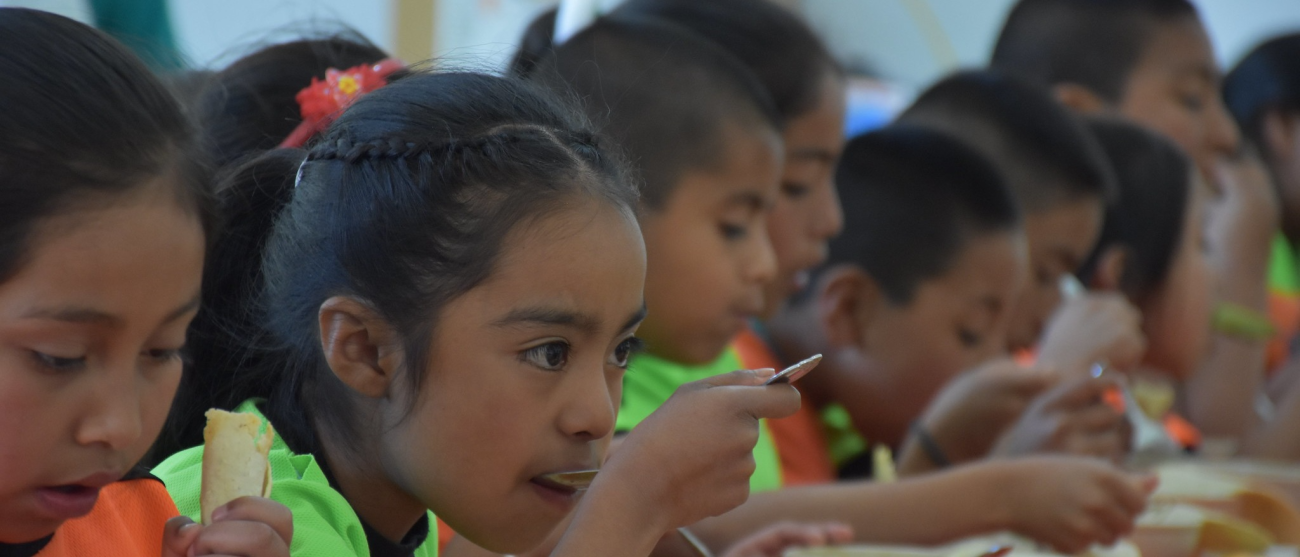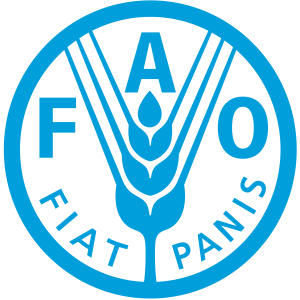Seventeen countries from Latin America and the Caribbean have officially joined the Sustainable School Feeding Network (RAES) to strengthen public policies in this area. Belize, Brazil, Bolivia, Chile, Colombia, Cuba, El Salvador, Ecuador, Honduras, Guatemala, Paraguay, Peru, the Dominican Republic, Saint Lucia, Saint Kitts and Nevis, Suriname, and Uruguay collectively represent approximately 81 million students who stand to benefit.
RAES seeks to provide a space for dialogue among policymakers and technical experts on solutions and innovations needed in the region. It also offers technical assistance to support countries in the implementation and improvement of their programs, contributing to the promotion of the human right to adequate food.
This initiative, part of the Brazil-FAO International Cooperation Program, was established in 2018 and is the result of collaboration dating back to 2009 between the Brazilian Cooperation Agency (ABC) of the Ministry of Foreign Affairs (MRE) and the National Fund for the Development of Education (FNDE) of the Ministry of Education (MEC), with the support of the Food and Agriculture Organization of the United Nations (FAO), which acts as the network's executive secretariat.
As part of their membership in RAES, member countries signed a declaration to advance school feeding policies and programs. Through this declaration, countries aim to work together in the medium and long term to expand student coverage, improve school infrastructure, develop regulations, strengthen links with family farming, implement food and nutrition education initiatives, and increase the budget allocated to these programs.
FAO Deputy Director-General Mario Lubetkin emphasized that "promoting more resilient, inclusive, high-quality, and sustainable school feeding programs has an extraordinary impact on communities in economic, social, educational, and environmental terms." Speaking about RAES, he noted that the network would facilitate joint efforts and propose shared solutions to improve school feeding and nutrition programs, promoting healthy, nutritious, and accessible diets for all.
For ABC Director Ambassador Ruy Pereira, the RAES network plays a strategic role in advancing cooperation in Latin America and the Caribbean. “The strengthening and expansion of these programs is widely recognized as an extremely valuable and effective tool in the fight against hunger and poverty,” said the ambassador, who called on “more countries in the region to join RAES.”
FNDE President Fernanda Pacobahyba highlighted the importance of continued cooperation and the RAES network to “keep supporting and empowering technical experts and policymakers in our countries to build viable solutions, advance the development of regulatory frameworks, and ensure the sustainability of school feeding programs in Latin America and the Caribbean.”
To discuss the next steps for RAES, the first in-person meeting of member countries was held on November 21–22 in Panama City. During the meeting, country representatives received their official membership certificates and discussed key topics to advance the regional agenda on this issue. This event also marked the start of the process to regulate RAES, defining responsibilities and future actions to strengthen school feeding policies across the region.
...............................................................




